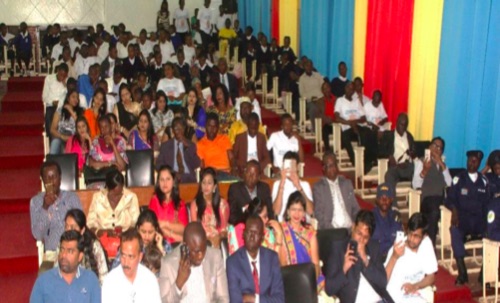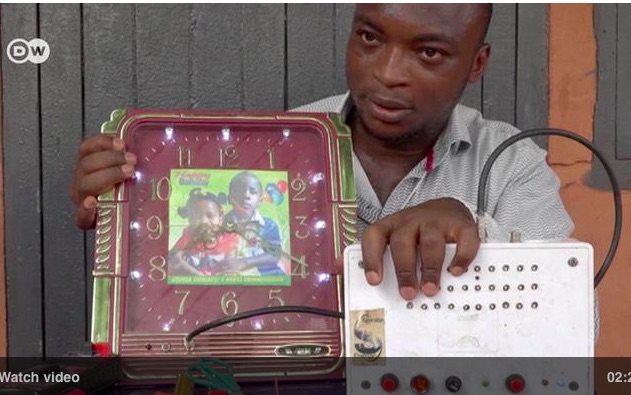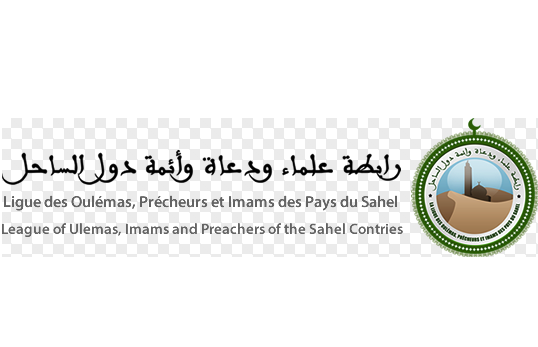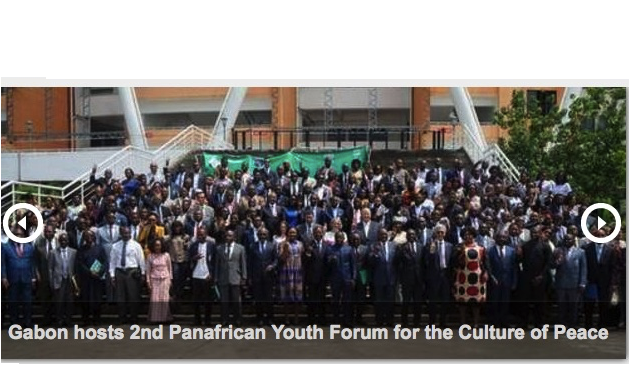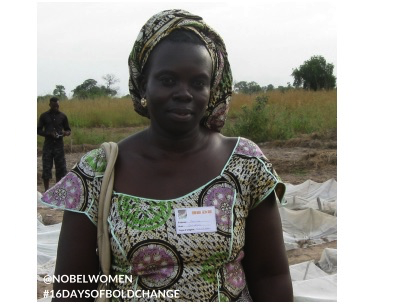FREE FLOW OF INFORMATION
A brochure of UNESCO (translation by CPNN)
UNESCO has just published a new brochure on its activities for a culture of peace in Africa, with an impressive list of activities. Here is the table of contents of the brochure with links, where available, to the CPNN or UNESCO article.
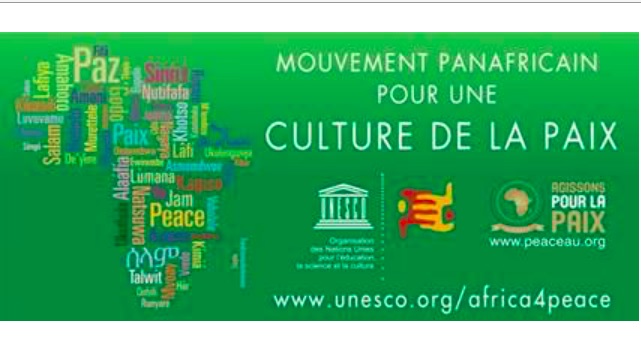
4-5 June, 2012 – Abidjan – Forum of Reflection “Culture of Peace in West Africa: an imperative for economic development and a requirement for social cohesion”
26-28 March 2013 – Luanda – Pan-African Forum: “Sources and resources for a culture of peace
20-21 September 2013 – Addis Abeba – Network of foundations and research institutions to promote the culture of peace in Africa
19-22 March 2014 – Brussels – Women’s Network for a Culture of Peace in Africa
December 11-13, 2014 – Libreville – Youth Network for a Culture of Peace in Africa
16-28 March 2013 – Luanda – Launch of the campaign “Make Peace” Luanda , Angola
July 9, 2016 – Libreville – Launch of the Youth Campaign for a Culture of Peace in Central Africa” Different Words, Same Language: Peace, Libreville, Gabon
(Contents continued in right column)
(Click here for the original in French)
Question related to this article.
Will UNESCO once again play a role in the culture of peace?
(Contents continued from left column)
March 31, 2017 – Launch of the Youth Mobilization Campaign for Culture of peace, Burundi
September 21-23, 2014 – Celebrating 25 years of the birth of the concept of a culture of peace : “Peace in the minds of men and women”, Yamoussoukro, Côte d’Ivoire
20 Sept 2017 – Celebrating the International Day of Peace, Cameroon
Sept 2017 Celebrating the International Day of Peace, Burundi
January 2015 – Decisions of the African Union
2015 – Biennial of Luanda
2017 – Yamoussoukro Project to create a “School of Peace”
2012-2017 – Culture of Peace and Reconciliation: A Case Study of Mali
May 26, 2015 – Benin – International Symposium for the Launch of the African Initiative for Education for Peace and Development through Interreligious and Intercultural Dialogue
14 March 2017 – Dakar –
2017 Triennial of the Association for the Development of Education in Africa (ADEA)
6 April 2017 – Regional Global Education Network Meeting in Sub-Saharan Africa, Johannesburg
9-11 Sep 2017 Benin Regional Consultations in West and Central Africa on youth, peace and security
Editor’s Note: It is very commendable that UNESCO’s Africa Department continues to support the culture of peace. The purpose of the brochure, according to Firmin Edouard Matoko, UNESCO Assistant Director-General for Africa, “is to draw on the sources of inspiration and the potential of the cultural, natural and human resources of the continent in order to identify concrete lines of action to build a lasting peace, the cornerstone of endogenous development and Pan-Africanism.” On the other hand, one hopes it is not a bad sign for the future that the foreward to the brochure by the new Directrice-Generale of UNESCO fails to mention culture of peace.
